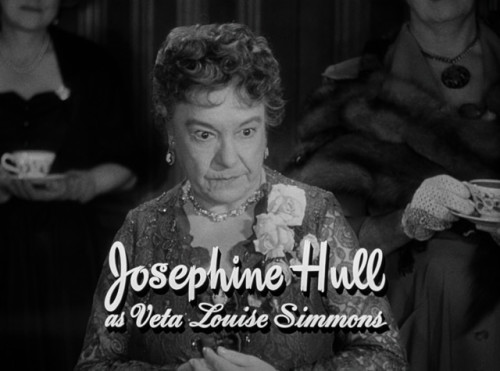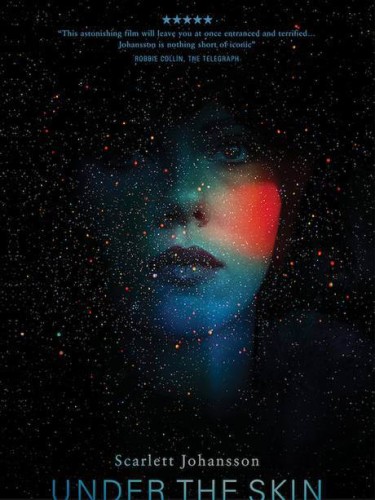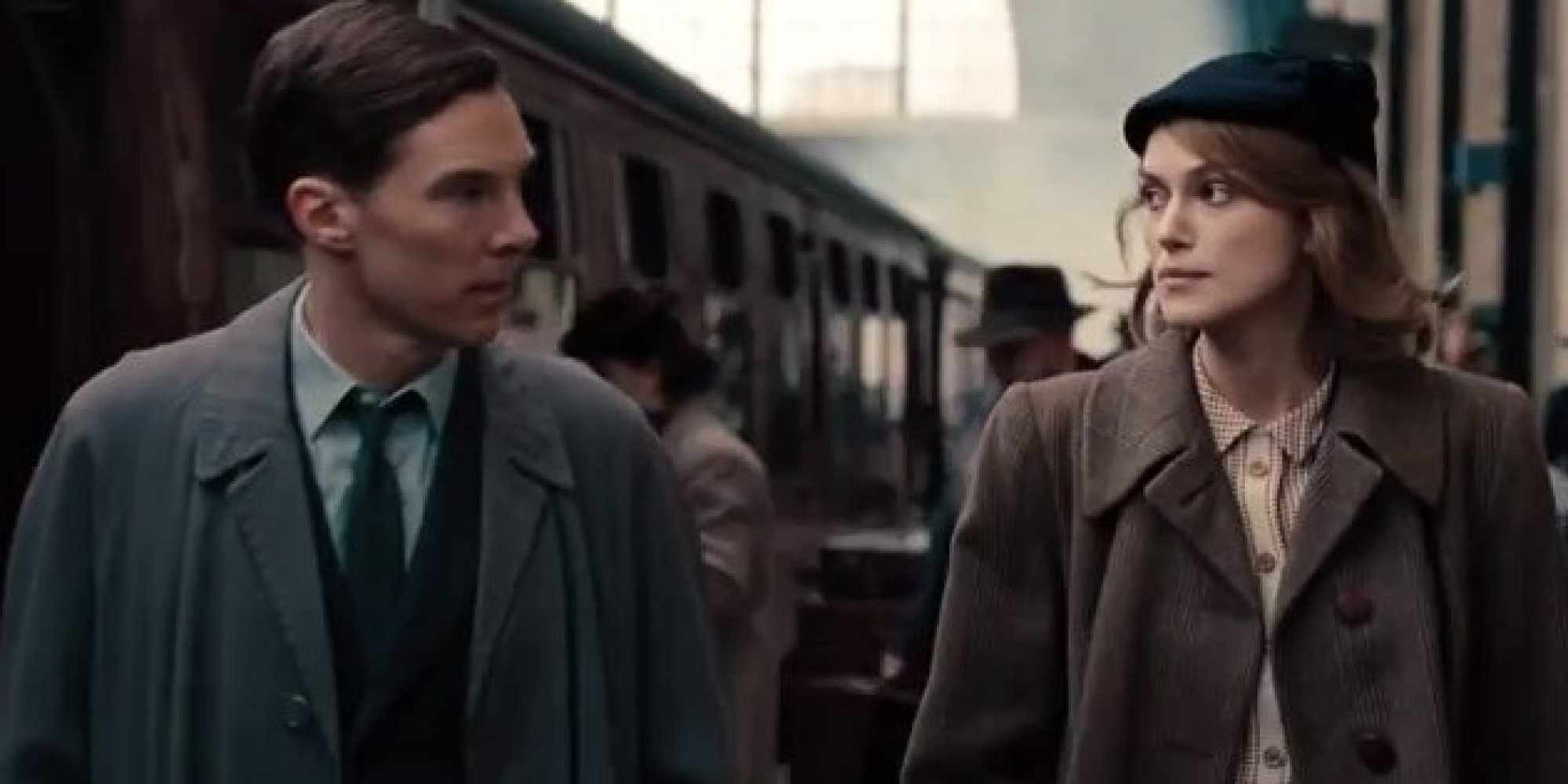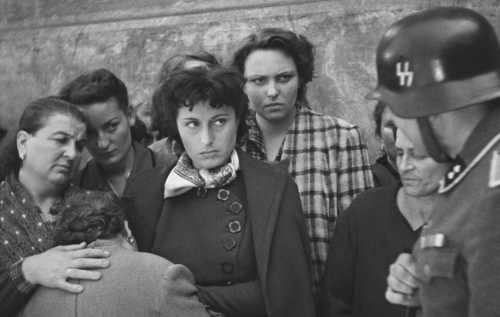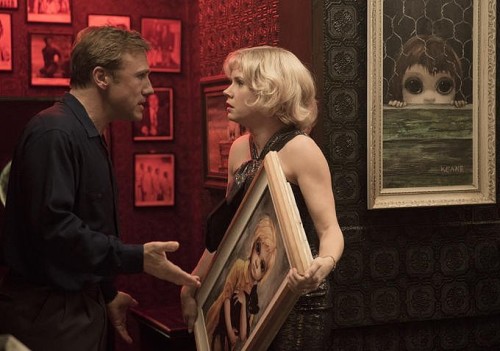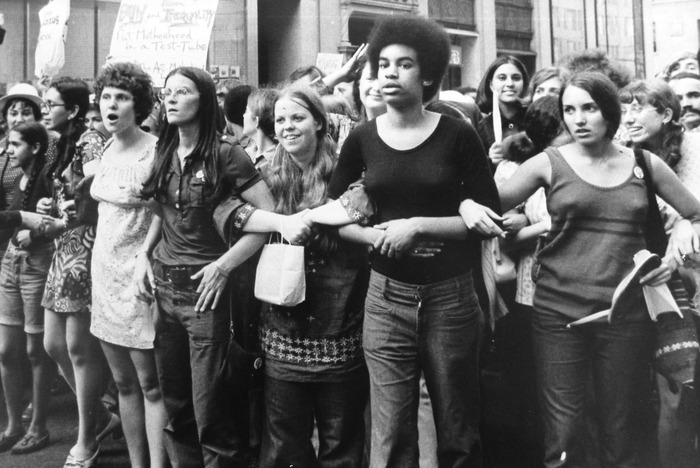‘Chef!’: The Perfectly Imperfect Marital Eroticism of Janice and Gareth
Gareth does not “happen to be Black”; the pressure on him to conform to white culture, to avoid limiting his own narrative, mirrors the show’s own need to conform to that culture, to avoid limiting its audience. This conflict is slyly embodied in plausibly deniable food metaphor.

